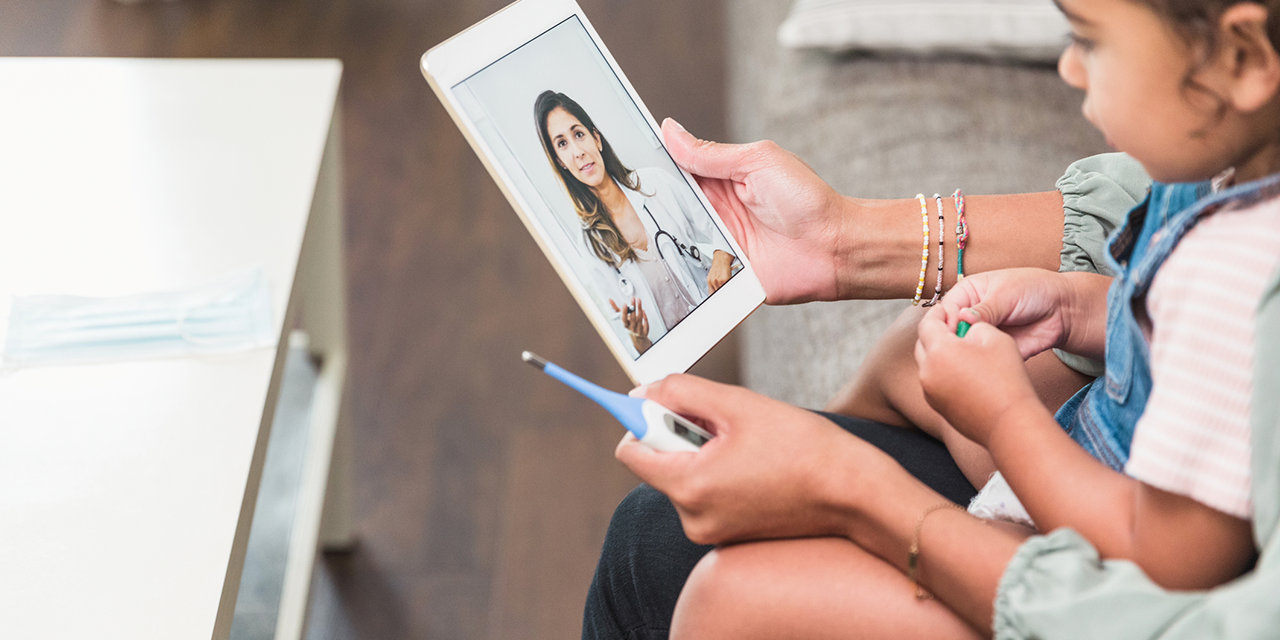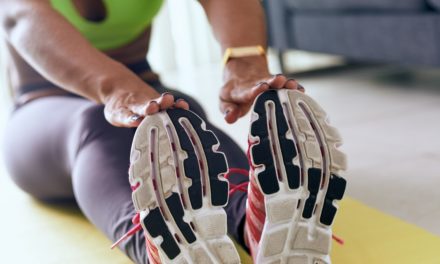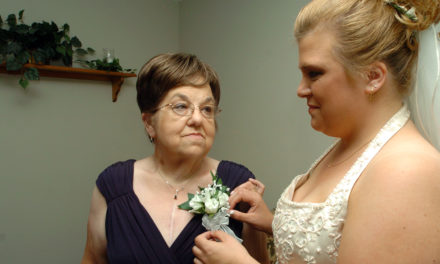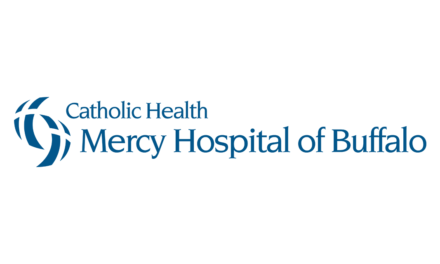Respiratory Syncytial Virus, or RSV, has dominated headlines with an influx of cases across the country. As we prepare to enter into another virus season, it’s important to know what we can do to prevent the spread of RSV.
RSV season typically occurs between late fall through early spring, and like the cold and flu, is highly contagious. It spreads through coughing, sneezing, touching infected objects like toys or doorknobs, and direct contact such as kissing. The virus is very common among children, because of contact with other children in school or daycare, or having a sibling at home who may be sick.
Most children will contract RSV before the age of 2, and will recover from an RSV infection on their own. However, it can cause complications for people who fall into the “vulnerable population”. This includes:
- Premature infants
- Children with heart defects, neuromuscular disorders, or weakened immune systems
- Chemotherapy patients
- Adults with asthma, congestive heart failure, or COPD
Signs of RSV
It can be hard to differentiate between the common cold, flu, COVID-19 and RSV, as they all share similar symptoms. RSV symptoms are not present until 4 to 6 days after infection, and typically include fever, coughing, sneezing, runny nose, and difficulty breathing. The only way to tell if it is RSV is with testing, either by taking a mouth swab or blood sample.
Most cases are not life-threatening or cause for concern, but if you notice your child’s symptoms are getting worse, or if they are having trouble breathing, don’t wait to contact your healthcare provider. RSV can turn into a more severe infection like pneumonia or bronchiolitis in children who are 1 year or younger. And, like the cold or flu, children can catch RSV more than once.
Prevention and Treatment
The best way to protect yourself from the virus is by receiving the RSV vaccine and practicing these healthy habits to stop the spread of germs:
- Wash your hands with soap and water for 20 seconds
- Cover your mouth with your sleeve or a tissue when coughing and sneezing, do not use your hands
- Do not share food, drinks, or utensils, especially with someone who is sick
- Disinfect any surfaces or toys that a sick child or adult may touch
- Stay home if you are sick and avoid bringing sick children to school or daycare, even if they test negative for COVID-19
- Stay up to date on routine vaccinations, especially for COVID-19, RSV, and influenza
At-home treatment for RSV can include over-the-counter fever reducers and pain relievers, but you should never give aspirin to children. Talk to your healthcare provider about nonprescription cold medicines as some contain ingredients that may not be safe for children. Most importantly, drink plenty of fluids to prevent dehydration, especially when you or someone in your home are sick.
Because children’s lungs and muscles are so small, they may not be able to clear mucus on their own. Your doctor may suggest nasal saline drops and suctioning to help clear nasal congestion. Using a humidifier or steam from a hot shower can also help relieve congestion.
Stay Safe, Stay Healthy with CH Care OnDemand
If you suspect your child may have RSV, CH Care OnDemand will get you the care you need from the comfort of your home. Within an hour of requesting a telemedicine visit, you will be connected with a physician who can diagnose, treat and prescribe medication. CH Care OnDemand is a fast and easy way to access care that eliminates wait times, potential exposure to other viruses, and expensive fees you would normally see at an urgent care or ER.
To learn more about CH Care OnDemand, or to schedule a virtual visit with one of our board-certified physicians, visit https://www.chcareondemand.org/.





